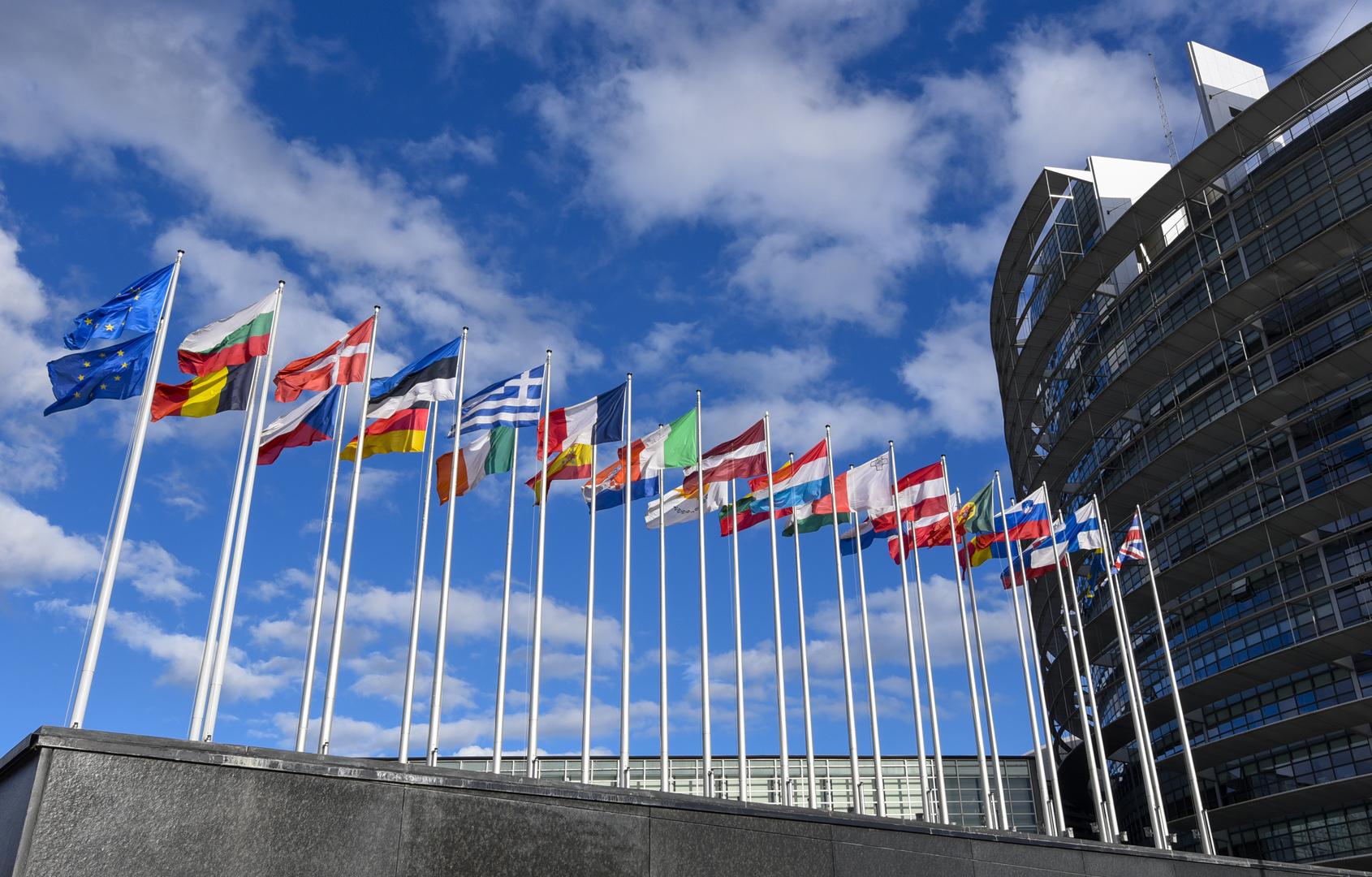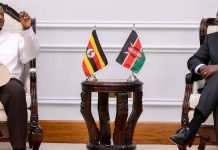By Faridah N Kulumba
Africa-Press – Uganda. In mid-September this year the European Parliament criticized a proposed East African pipeline, calling for TotalEnergies to consider an alternative route.
Concern
European Parliament was reacting to the grave concern around alleged human rights violations in Uganda and Tanzania, linked to the Lake Albert project. The plan covers upstream investments in Tilenga and Kingfisher, with the East African Crude Oil Pipeline (EACOP) running to the Tanzanian port of Tanga.
The first agreement
On 11th April 2021, the President of Uganda Yoweri Kaguta Museveni, and the President of Tanzania Samia Suluhu Hassan signed the long-awaited agreement to build an oil pipeline that will ship crude oil from fields in Western Uganda to the international market.
The two countries together with the French oil giant Total and CNOOC signed a deal worth USD3.5 billion for the construction of the pipeline which would be the world’s longest at 897 miles.
The second agreement
On 20th September 2021, Uganda and Tanzania’s private sector partnership agreed on four issues that need addressing, if local businesses in the two nations are to benefit from the USD3.5 billion EACOP. The founder and chairman of the Association of Tanzania Oil and Gas Services (ATAGOS) Mr. Abdulsamad Abdulrahim, revealed that the Uganda government had already addressed work and border permit issues as well as bureaucracy problems.
Uganda has been working around the clock to clear all obstacles that could undermine the fast and smooth implementation of the strategic national development project.
The final agreement
On 1st February 2022, Chines and French oil giants finally sealed a USD10 billion deal to unlock Uganda’s energy resources and build a vast regional pipeline, a mega-project that has incensed environmental groups.
The final investment decision was to pave the way for the export of millions of barrels of black gold that was first discovered in 2006 in Uganda, one of the world’s most biodiverse regions. Lake Albert lies atop an estimated 6.5 billion barrels of crude oil, of which about 1,4 billion barrels are currently considered recoverable.
*European Parliament grounds*
According to the European Parliament, the construction of the oil pipeline from Uganda to Tanzania has led to the wrongful imprisonment of human rights defenders, the arbitrary suspension of NGOs, arbitrary prison sentences, and the eviction of hundreds of people from their land without fair and adequate compensation.
Europen Parliament conditions
The European Parliament wants Uganda and Tanzania to launch efforts to ensure respect and compliance with human rights.
Europe also called for the Ugandan government to reauthorize 54 NGOs that had been arbitrarily closed or suspended. It also said Ugandan authorities should provide free and unhindered access to the oil zone for independent observers, from local groups to international observers.
In November 2021, a European Union delegation was stopped from entering the oil zone.
The EU proposal
The EU is proposing that Total should take one year before launching the project to study the feasibility of an alternative route to better safeguard protected and sensitive ecosystems and the water resources of Uganda and Tanzania. The resolution expressed concern about potential tsunami risks at Tanga.
The French company should also explore alternative projects based on renewable energies for better economic development.
Uganda protested the EU’s proposal
Upon hearing the European lawmakers’ proposal to Total Energy, the President of Uganda Museveni assured Ugandans and the East African Community (EAC) region that the East African Company Oil pipeline (EACOP) project will go ahead no matter what.
President Museveni begged Ugandans to not waste time thinking about that issue due to the fact that the contract which was signed with Total was well written.
The Parliament of Uganda also lashed out at the EU Parliament. They condemned the resolution calling the move an act of economic racism and neo-colonialism thinking that the EU can control the economic affairs of independent African countries.
Assurance
Mr. Museveni assured Ugandans that the first batch of oil will come out in 2025 according to the agreement and no one can stop this project. Uganda is ready to find someone else to work with if Total Energies chooses to listen to EU Parliament.
Those in favor of the EU Parliament
Even though the government of Uganda is protesting the EU resolution, the environmental groups and the leader of the leading opposition party Robert Kyagulanyi alias Bobi Wine of the National Unity Platform are in favor of the EU.
Speaking to Africa-Press Mr. Kyagulanyi said they were happy that the EU is stopping this project because it will only benefit those in power yet so many people are going to be displaced. He added that they have been writing to the EU and other funders to stop funding Uganda because they use the money to violate people’s rights.
Devastating impact
Critics charge however that the ambitious scheme threatens the livelihoods of tens of thousands of people and fragile ecosystems in the heart of Africa. In Uganda, the drilling is located in several nature reserves, one of which extends to Murchison Falls, the country’s largest national park.
Displacing of people
According to the campaign groups, the EACOP project would be displacing 100,000 people, endangering water resources for millions of Ugandans and Tanzanians, devastating vulnerable ecosystems, and pushing the world further into climate chaos.
The lawsuit
In 2019, a consortium of Ugandan and French NGOs filed a lawsuit against the French company accusing it of failing to abide by legal obligations to protect the environment and the rights of the people affected by the project. In December, the Court of Cassation, France’s highest ruled that the case should be heard in a civil court rather than assigned to a commercial tribunal, in what the activists said was an important victory.
Total energies and the CNOOC side of the story
The giant companies defended themselves by saying that their new fossil projects are used to serve the global demand, for hydrocarbons. They added that these projects are also used to finance investments to develop renewable energies quickly and sustainably. And that the new projects are always validated through the prism of the ambition of carbon neutrality by 2050.
Last year Total Energies, formerly Total, said it had taken steps to reduce the project’s impact on people and the environment, but conservation groups charge it will be devastating.
For More News And Analysis About Uganda Follow Africa-Press






